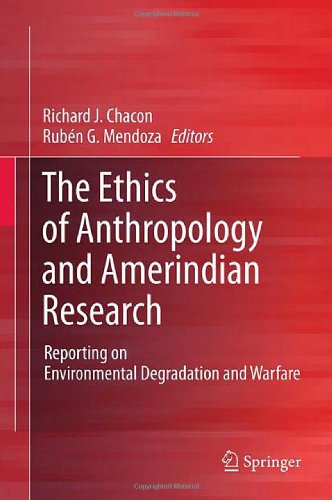

Most ebook files are in PDF format, so you can easily read them using various software such as Foxit Reader or directly on the Google Chrome browser.
Some ebook files are released by publishers in other formats such as .awz, .mobi, .epub, .fb2, etc. You may need to install specific software to read these formats on mobile/PC, such as Calibre.
Please read the tutorial at this link: https://ebookbell.com/faq
We offer FREE conversion to the popular formats you request; however, this may take some time. Therefore, right after payment, please email us, and we will try to provide the service as quickly as possible.
For some exceptional file formats or broken links (if any), please refrain from opening any disputes. Instead, email us first, and we will try to assist within a maximum of 6 hours.
EbookBell Team

4.7
26 reviewsThe decision to publish scholarly findings bearing on the question of Amerindian environmental degradation, warfare, and/or violence is one that weighs heavily on anthropologists. This burden stems from the fact that documentation of this may render descendant communities vulnerable to a host of predatory agendas and hostile modern forces.
Consequently, some anthropologists and community advocates alike argue that such culturally and socially sensitive, and thereby, politically volatile information regarding Amerindian-induced environmental degradation and warfare should not be reported. This admonition presents a conundrum for anthropologists and other social scientists employed in the academy or who work at the behest of tribal entities.
This work documents the various ethical dilemmas that confront anthropologists, and researchers in general, when investigating Amerindian communities. The contributions to this volume explore the ramifications of reporting--and, specifically,--of non-reporting instances of environmental degradation and warfare among Amerindians.
Collectively, the contributions in this volume, which extend across the disciplines of archaeology, anthropology, ethnohistory, ethnic studies, philosophy, and medicine, argue that the non-reporting of environmental mismanagement and violence in Amerindian communities generally harms not only the field of anthropology but the Amerindian populations themselves.